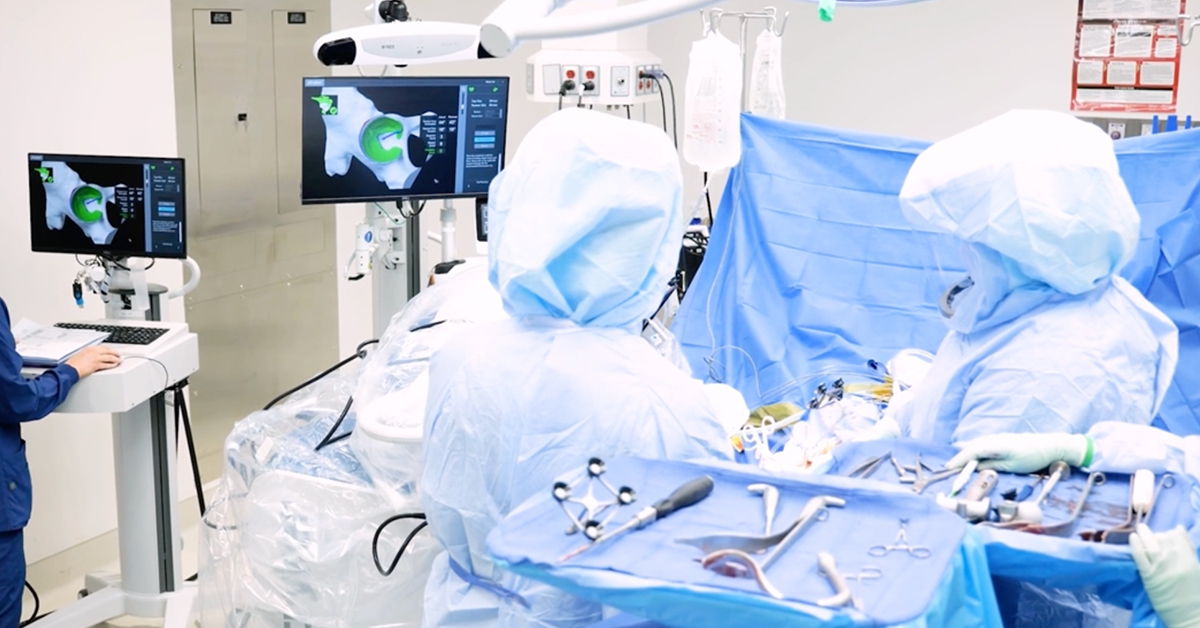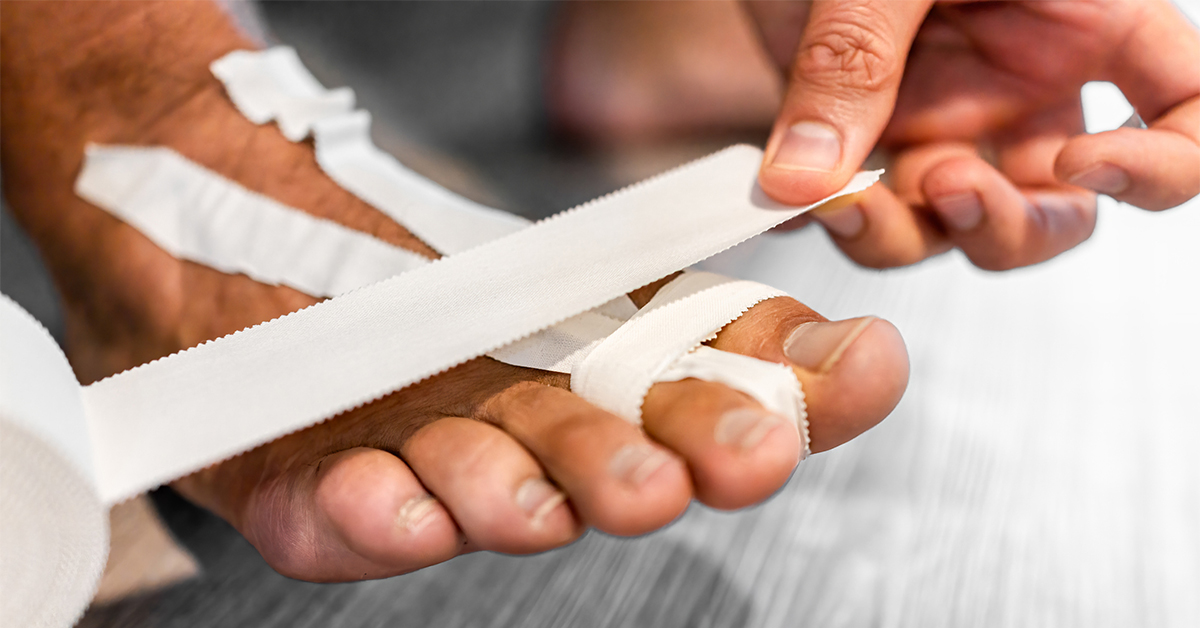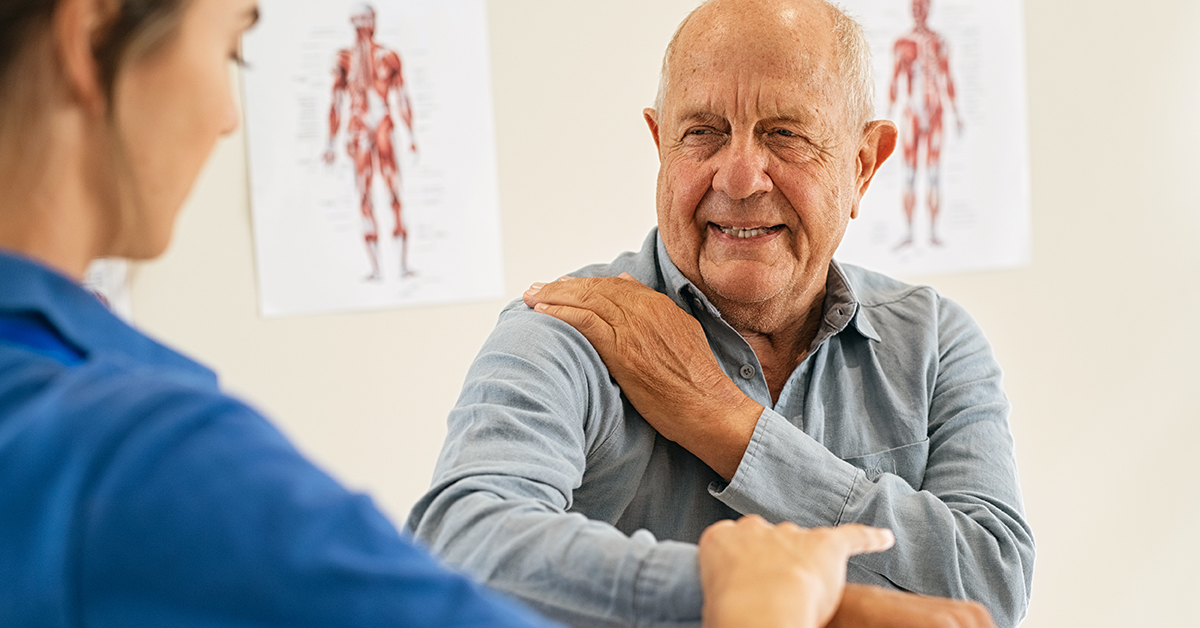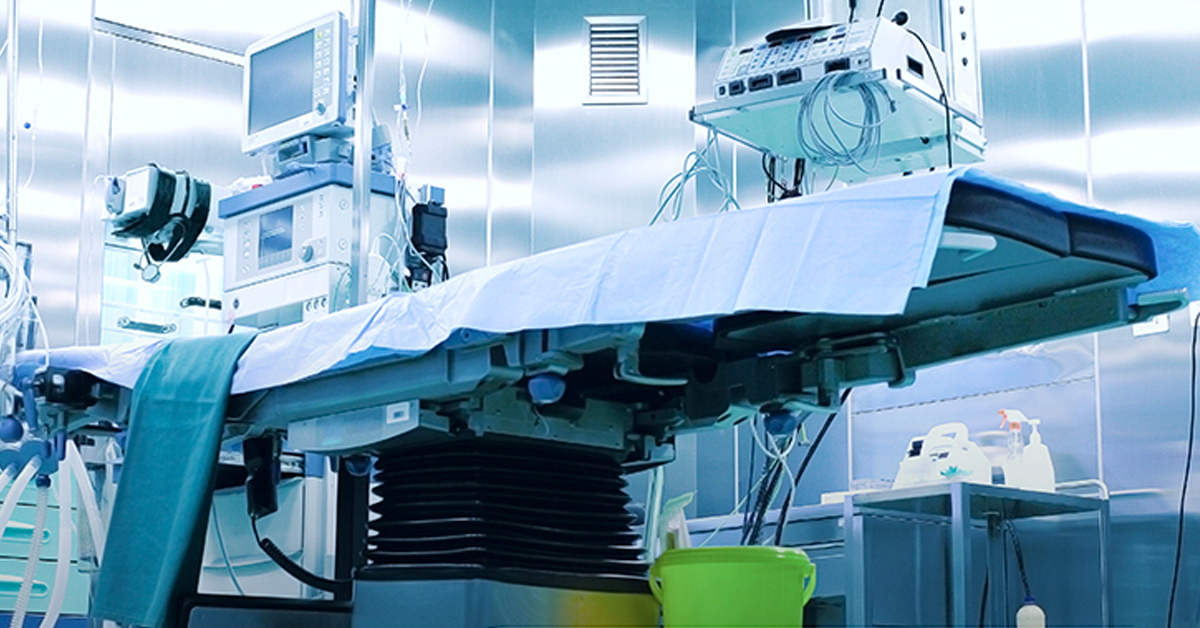Recovering well from joint surgery
When prepping for hip or knee surgery, it’s important to know that what comes after surgery is just as important. So what can you expect?
For typical cases, your doctor will want you to start walking short distances within the first day of surgery. In 3-6 weeks, you should be able to resume normal activities, and, within 3-4 months, you’ll feel completely yourself again—except better.
Here are some ideas to make your recovery process smoother and faster.
Tips for easier rehab
There are three things you can do before surgery that make a world of difference.
- Do prehabilitation—the pre-surgery recommendations for strength, flexibility and endurance. Getting your body ready for surgery is not hard, and it helps you heal faster. Learn more >
- Get support. Talk to a few people you can rely on. Meal prep is helpful, but also think through any shopping, errands and cleaning you might need. You likely won’t be able to drive for 3-6 weeks, so plan accordingly.
- Ready your space—and your schedule. Don’t expect to be able to do much at first. Empty your schedule and ready your house accordingly. Put the things you’ll need within easy reach (without bending or stretching), like phones, remotes, books, tissues and medicines. If you have a low toilet seat, consider adding an elevated seat.

Post-surgery recovery
Once you’re home from surgery, you’ll have instructions to help you with your care. Here are some of the things you can do to help recovery:
- Care for your incision. We’ll provide you with steps on keeping the incision site clean and healing appropriately. Call right away if you see redness, drainage or get flu-like symptoms, like chills or fever.
- Pay attention to your body. You will likely have swelling, so keep your legs elevated 4-5 times a day for 30-45 minutes. Ease pain by applying ice packs for 15-20 minutes at a time. Take anti-inflammatory medicine as recommended by your doctor.
- Move your body early and often. Movement is the best way to prevent blood clots, so getting up and around on your crutches, cane or walker is very important.
- Pay attention to what you eat. Healthy meals can keep you from gaining weight during those times you can’t move as much. Make sure you eat plenty of fruits, vegetables and protein. And drink lots of water as it helps incisions heal.
- Start your home exercise routine. Start slow and easy—even a few minutes at a time—and gradually increase what you can do. You will have scheduled appointments with Welia Health’s physical therapists several times a week, so we’ll help guide you. Your home exercise program will help you get back your strength, flexibility and mobility, and starting while you are on the mend is a great way to build a habit.
- Follow up with your doctor. For the first year after surgery, it’s important to check in with your surgeon at the scheduled follow-up appointments to see how your recovery is progressing.
Recovering well from surgery isn’t hard. It just takes intention. So plan ahead for the best post-surgery recovery.













